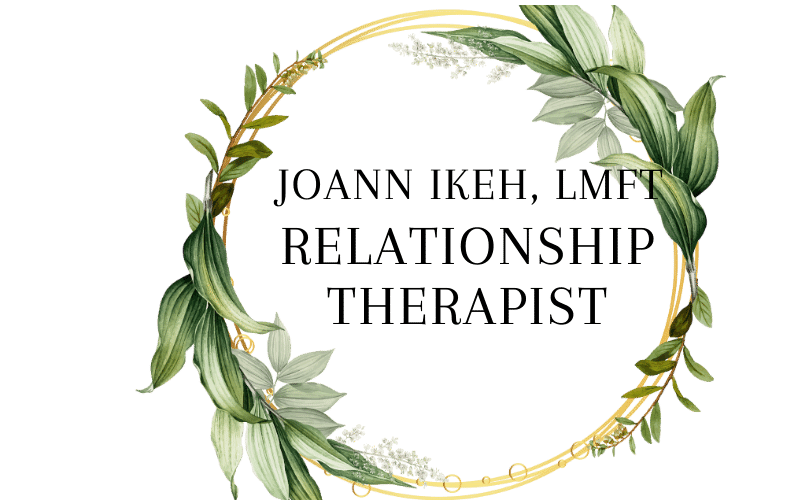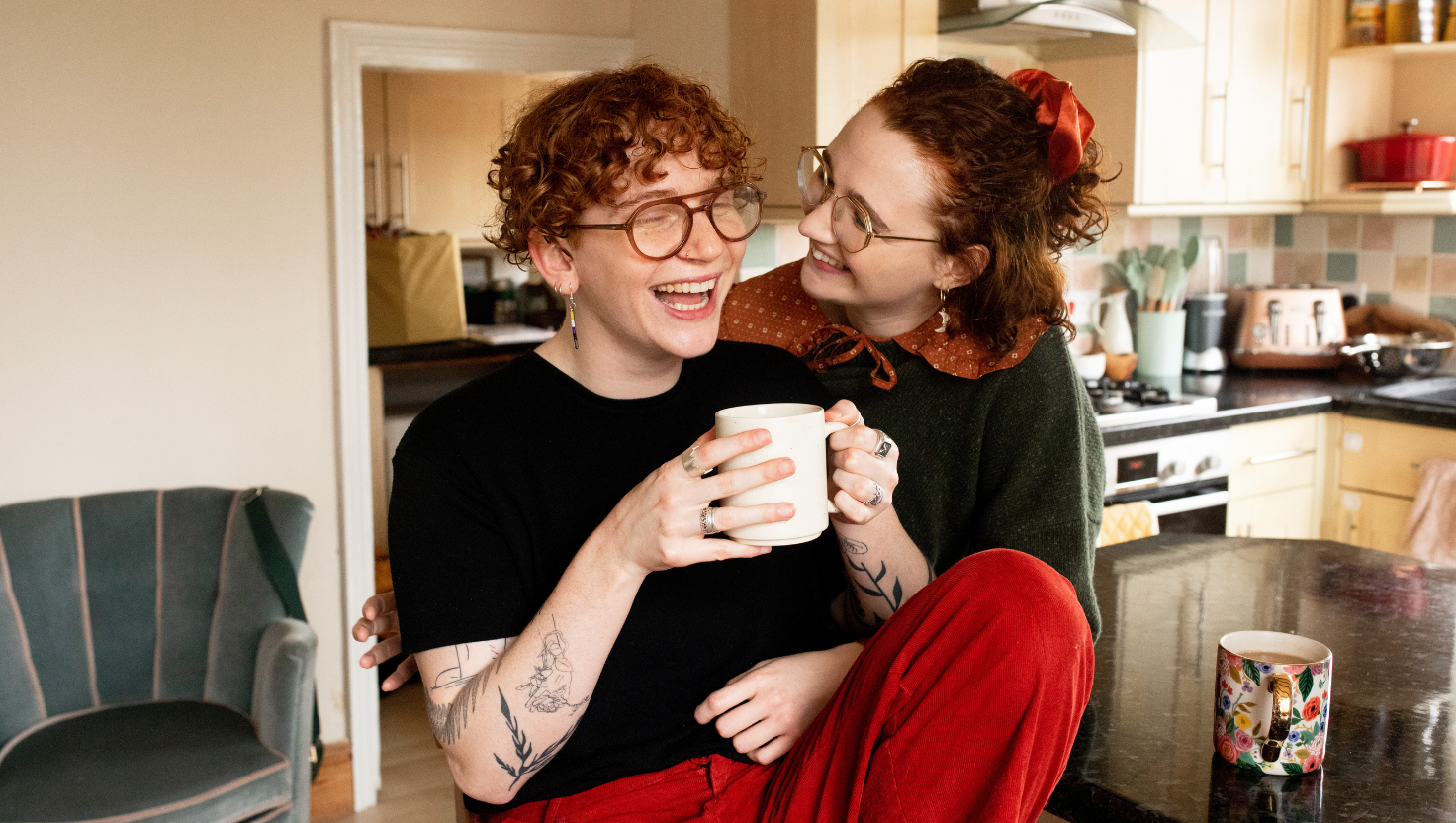Emotional Safety: The Secret Ingredient in Queer Love
Queer relationships, like all relationships, thrive on intimacy, trust, and vulnerability. But for LGBTQ+ couples, emotional safety is often both more critical and more complex.
Relational Life Therapy (RLT) teaches that love alone isn’t enough—emotional safety is the soil in which trust and connection grow. Without it, even the strongest love can struggle to survive.
1. What Is Emotional Safety?
Emotional safety is the experience of being seen, heard, and accepted without fear of judgment, dismissal, or abandonment. In queer relationships, it also means:
Feeling validated in your identity and experiences
Being able to express desires, boundaries, and fears without shame
Knowing your partner can tolerate differences and disagreements
When emotional safety is present, vulnerability becomes possible—and vulnerability is the gateway to deeper intimacy.
2. Common Barriers in Queer Relationships
Queer couples may face unique stressors that challenge emotional safety:
Internalized stigma or shame
Past experiences of rejection or discrimination
Societal pressures around “acceptable” relationship roles
Family or community non-acceptance
RLT helps couples recognize these barriers and differentiate between internalized fears and current relational reality.
3. How to Cultivate Emotional Safety
Creating emotional safety requires intention from both partners. Key RLT strategies include:
Active Listening: Reflect what your partner shares before responding
Ownership of Feelings: Speak from your own experience rather than blaming
Repair: Acknowledge missteps and reconnect consistently
Validation: Recognize and affirm your partner’s identity and experience
Safety is built through small, consistent actions, not just words.
4. Repair Is Central to Trust
Even in emotionally safe relationships, conflicts happen. The ability to repair ruptures quickly is critical.
RLT teaches that repair is a relational practice: it strengthens trust, signals commitment, and fosters resilience. For queer couples navigating external pressures, repair is especially essential.
5. Emotional Safety Fuels Connection
When emotional safety is present:
Communication becomes more honest and authentic
Intimacy deepens
Conflict becomes an opportunity for growth rather than fear
Partners feel empowered to show up fully as themselves
It’s the foundation for a thriving, resilient queer partnership.
Final Thoughts
Emotional safety is not optional in queer relationships—it is the secret ingredient that allows love to flourish. By prioritizing safety, repair, and authenticity, couples create relationships that are not only loving but lasting.
If your queer relationship could benefit from greater emotional safety, Relational Life Therapy provides practical tools for building trust, deepening connection, and navigating conflict with care.
Schedule a free consultation with Joann Ikeh, LMFT, to strengthen emotional safety and create lasting intimacy.
📍 Serving LGBTQ+ couples and individuals online in Florida, Virginia, and California.
📞 Book a free 15-minute consultation today
🌐 Visit onlinecouplecounseling.com
📩 Or email me at joannikeh@joannikeh.com



